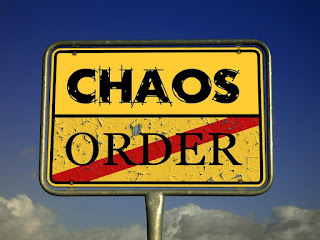Reflecting Opinions in Historical Fiction

What do you do when the prevalent opinions at the time and place your historical novel/short is set story do not accord with what is acceptable today? Some years ago, I wrote – and placed – a short story about a World War Two evacuee in which one of the characters said, “The only good German is a dead German”. This is not my opinion but t his character (a schoolgirl) was repeating a saying common at that time. I wonder if that story, with that comment in it, would have been published in 2023. Many of the opinions and ways of doing things are what we are now supposed to challenge. People at the time you are writing about may have a very different world-view; they might be xenophobes, regard women as infernal gossips and believe in witchcraft. Unless you are writing about the immediate past, all those are likely to apply. In the Bible, the apostle Paul returns Onesimus to his slave-master, Philemon, admittedly with a plea that he...








